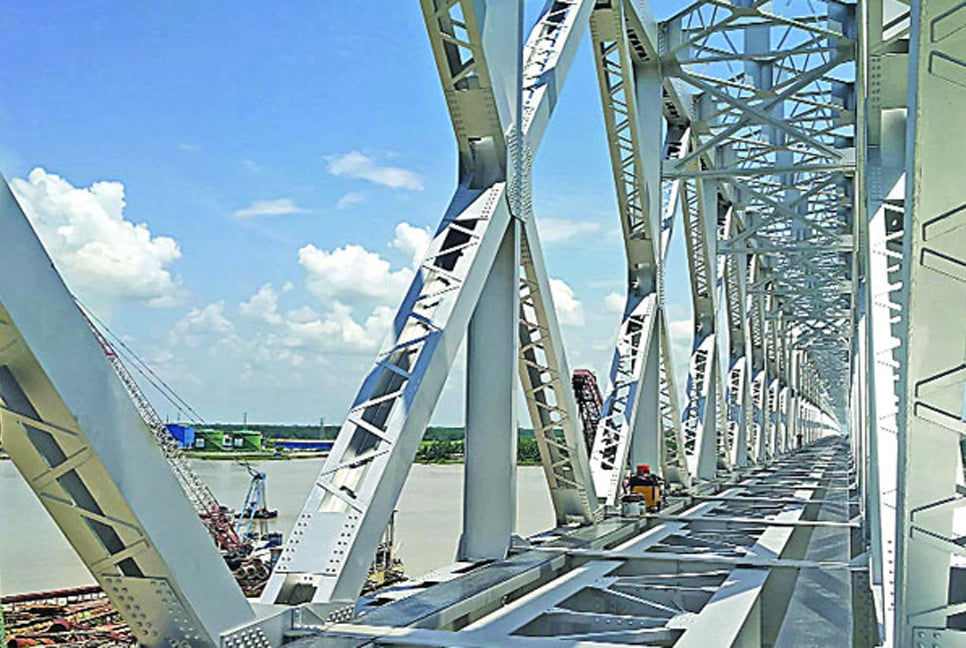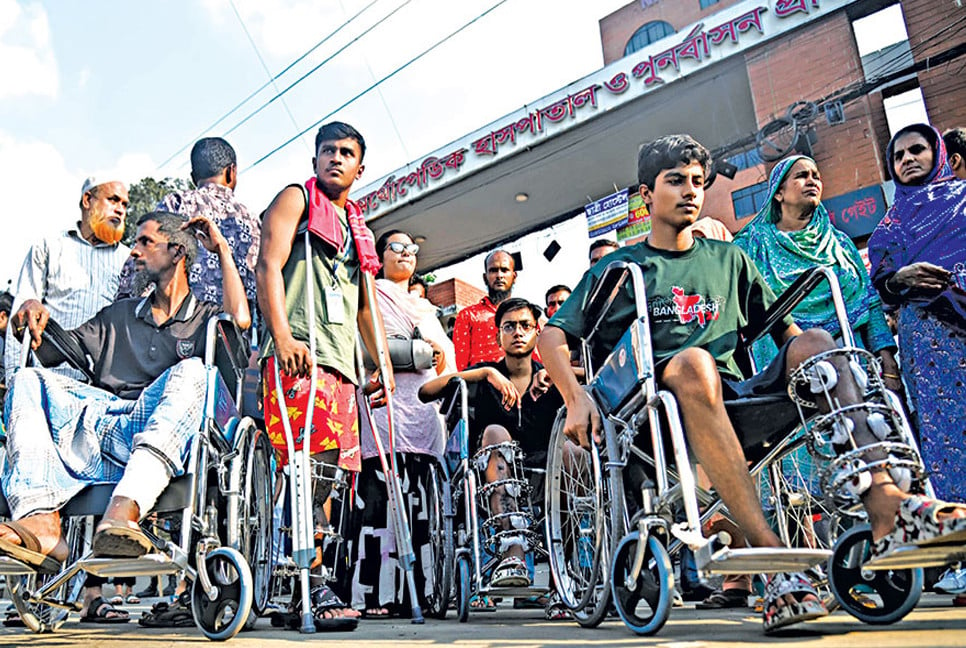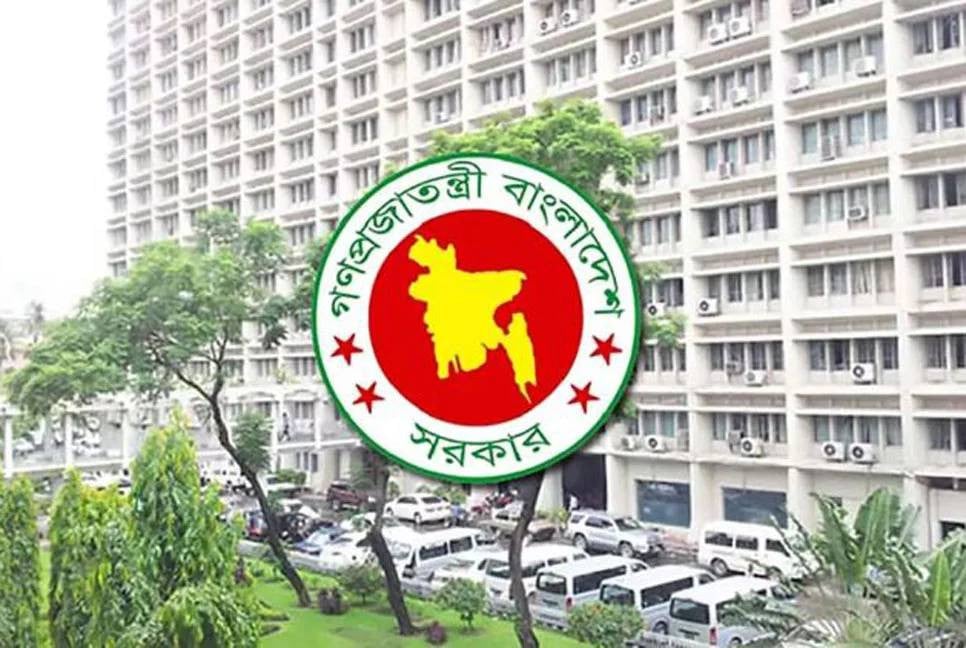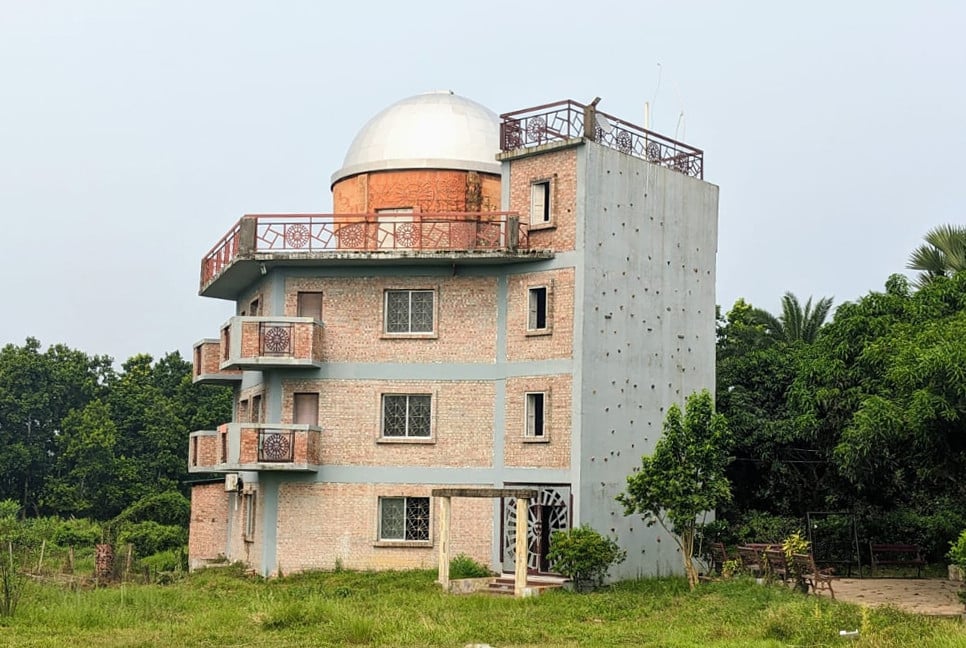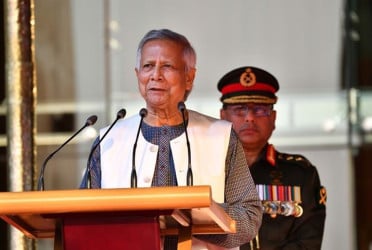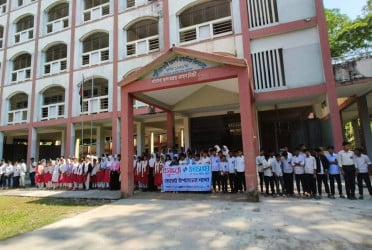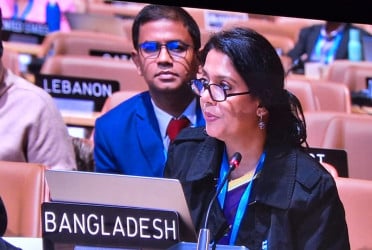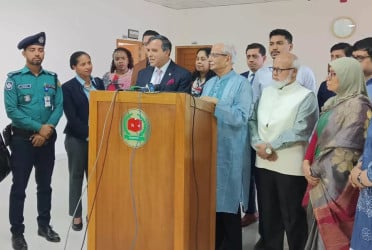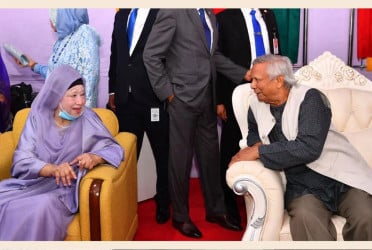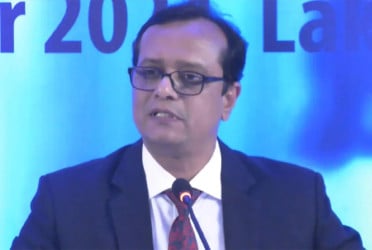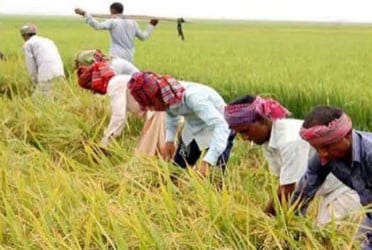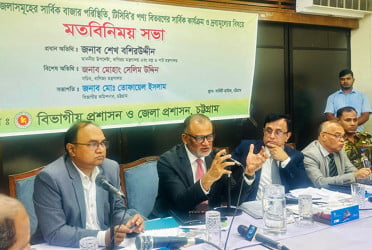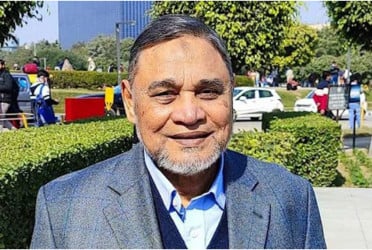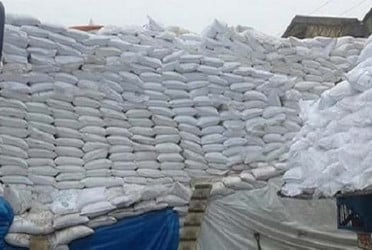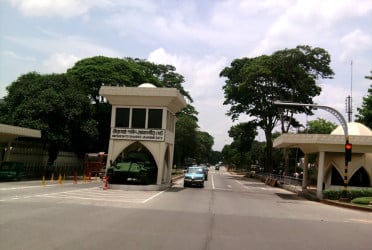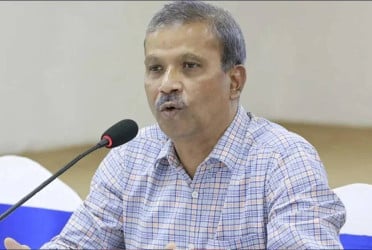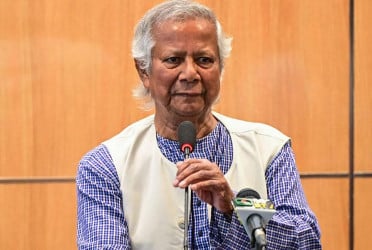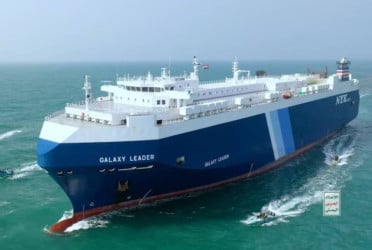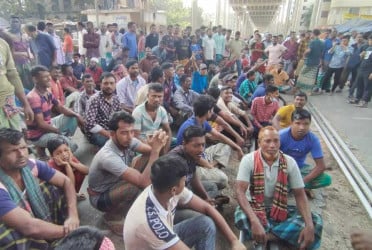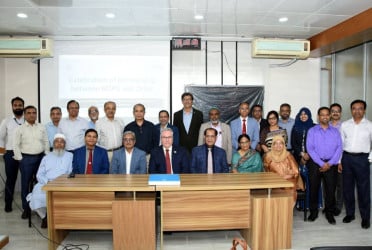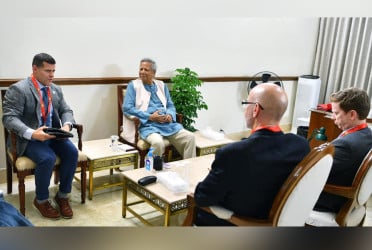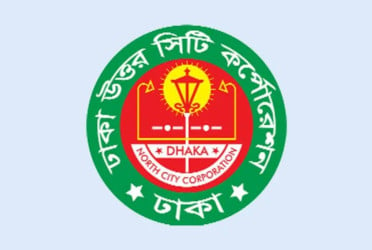After the successful completion of the Padma Bridge, another major infrastructure project, the Khulna-Mongla railway line, is expected to bring a significant transformation to trade and commerce in Bangladesh.
The reliance on road transport for cargo movement from Khulna to Mongla often leads to economic losses and delays. However, there is hope on the horizon, as project officials have announced plans to start railway operations by the end of October.
In the final stages of the railway line project, work is underway to lay approximately four kilometers of railway tracks in the Khulna segment. Additionally, finishing touches are being applied to railway bridges and station buildings in various locations.
The Khulna-Mongla railway line spans approximately 64.75 kilometers, connecting Khulna to the vital Mongla Port. Nearly 98 per cent of the railway project has already been completed. Originally scheduled for completion in December 2022, the project faced delays due to various factors, including the COVID-19 pandemic.
According to Mr. Arifuzzaman, the project director of the Khulna-Mongla railway line project, some minor design modifications have been necessitated in the area following soil testing. These adjustments have led to some additional time being required for the construction of small bridges and finishing work.
The commencement of railway operations between Khulna and Mongla promises to streamline cargo transportation, reduce costs, and improve efficiency. Mongla Port, Bangladesh's second-largest seaport, plays a crucial role in international trade. With the new rail link, it is expected to further expand business and trade relationships with neighboring countries, including India, Nepal, and Bhutan.
As the Khulna-Mongla railway project nears completion, the prospect of an efficient railway link between these two vital economic centers offers promising opportunities. It has the potential to facilitate trade, boost regional development, and enhance economic ties. Watch for further updates as the railway prepares to become operational by the end of October.
Sheikh Ashraf-Uz-Zaman, the Chairman of the Khulna Development Coordination Committee, stated that if this project comes to fruition, it will open up new horizons for regional development. This development is of significant importance in the context of the Deltaic economy.
(The report was published in Bengali on print and online versions of The Bangladesh Pratidin on September 11 and rewritten in English by Tanvir Raihan)

